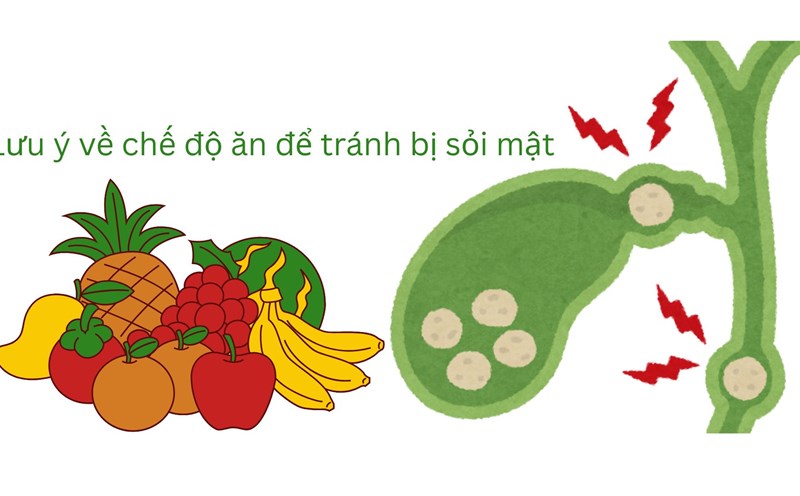The key to daily meals
There are no such thing as herbal medicine, but what we eat plays a decisive role in controlling blood sugar. The right combination of fiber, protein and healthy fats helps prevent sudden spikes in blood sugar and limit cravings.
To prevent blood sugar fluctuations, combine protein such as eggs, fish or Greek yogurt with foods rich in fiber and good fats, says Jamie Johnson, a nutritionist at verywell Health Health Health Health Counseling Council (USA).
Here are 10 foods that are studied to be beneficial for people who want to control blood sugar.
10 foods that help lower blood sugar
Almonds: Rich in unsaturated fats, help reduce insulin resistance. Research shows that eating 15 almonds before meals can lower blood sugar after eating.
Apple: Fruits with a low glycemic index. Eating an apple before meals helps control blood sugar, especially in people at risk of prediabetes.
Chickpeas: Rich in protein, reduce blood sugar response. Studies show that a diet rich in beans helps control type 2 diabetes.
Air-breaking corn: Is whole grains, no fat. Eating corn burned instead of white rice or white rice balls helps reduce blood sugar after eating.
Boiled eggs: Rich in protein, low in carbohydrates. Eating one boiled egg a day can reduce the risk of type 2 diabetes.
Chia seeds: A rich source of fiber and omega-3. Chia seeds help reduce blood sugar after meals and create a feeling of fullness for a long time.
Berries (strawberries, raspberries): Contains antioxidants, help control blood sugar in people with prediabetes and overweight.
Japanese soybeans (edamame): Rich in isoflavones, which help reduce inflammation and improve insulin sensitivity.
Olive: Foods with a low glycemic index. The healthy fats in olive oil slow down the absorption of carbohydrates, maintaining stable blood sugar.
Greek yogurt: Rich in protein, low in sugar. Eating Greek yogurt 3 times a week helps reduce the risk of type 2 diabetes.
Lifestyle with diet
In addition to choosing foods, lifestyle also greatly affects blood sugar. Nutritionist Cristina Mutchler (USA) emphasizes: "A balanced diet combined with regular exercise, reducing stress and monitoring blood sugar will help maintain long-term health".
Experts recommendations include:
Eat on time, avoid skipping meals.
Limit refined carbohydrates, increase fiber.
Exercise regularly to increase insulin effectiveness.
Control stress, get enough sleep.
Monitor blood sugar regularly to adjust your diet.
Maintaining stable blood sugar depends not only on medication but also on diet and lifestyle. Adding almonds, apples, chia seeds, berries or Greek yogurt to your daily meals can be a small step but bring great health benefits.











